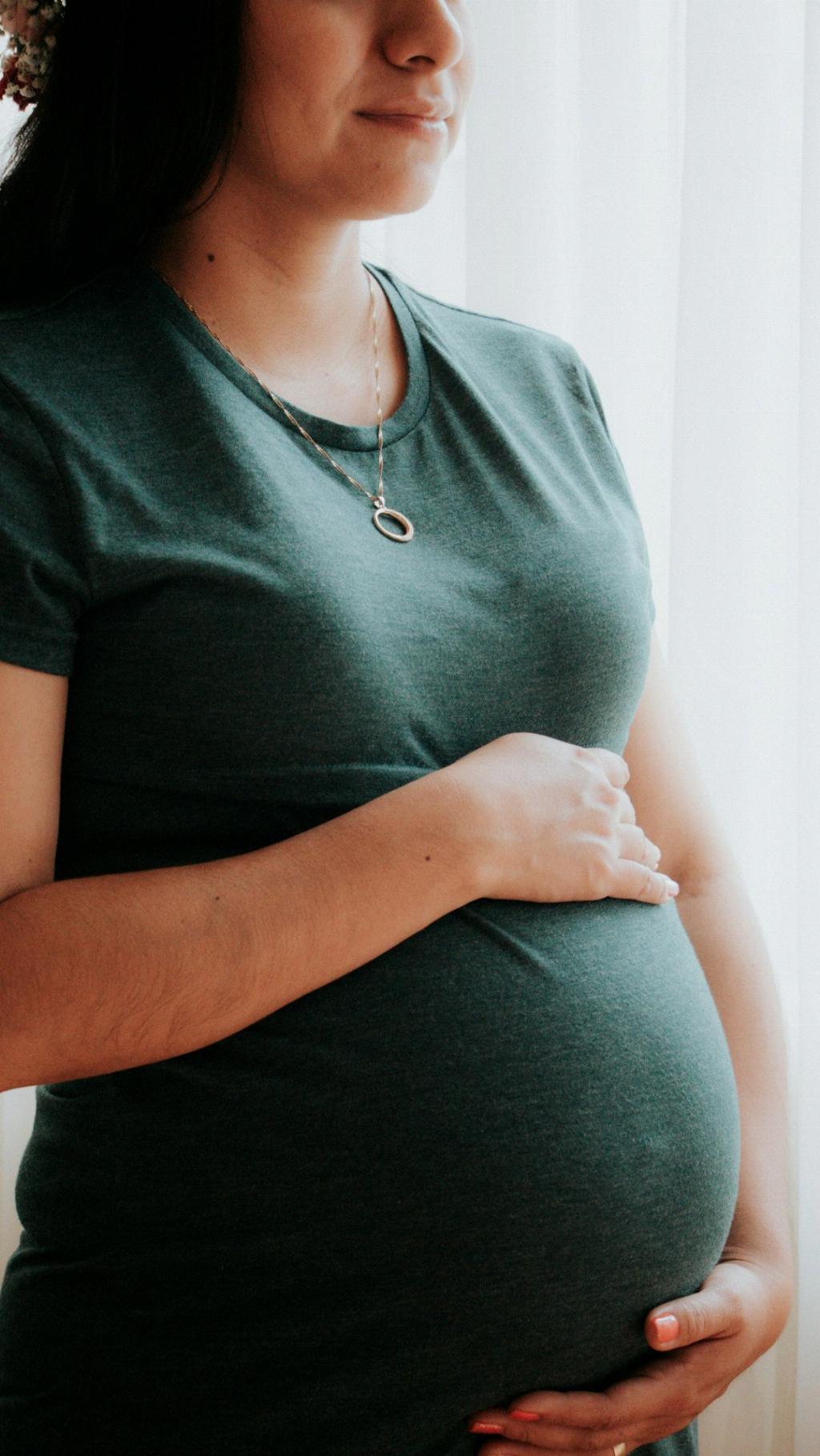When you reach the 20-week mark of your pregnancy journey, you may be eager to continue with your normal activities. However, there are certain precautions you should take to ensure the well-being of both you and your baby. One important aspect to consider is the way you exercise. Avoid lying flat on your back during workouts as this position can restrict blood flow to the uterus. It is advisable to use modifications or alternative positions to keep you and your baby safe while staying active.
Another crucial point to remember is when visiting healthcare professionals such as the dentist or getting a prenatal massage. It is vital to inform the staff about your pregnancy status to ensure they provide the appropriate care. Due to the potential risks of lying flat on your back, especially during longer procedures, it’s important to communicate your condition to the staff so they can make necessary adjustments to keep you comfortable and safe.
Furthermore, when undergoing medical tests or procedures, make sure to mention that you are pregnant. Certain tests or treatments may not be suitable during pregnancy, so it’s essential for the healthcare providers to be aware of your pregnancy to make informed decisions regarding your care. Avoid lying flat whenever possible, and if needed, request alternative positions to prevent any potential complications.
At 20 weeks pregnant, it’s also important to be cautious when engaging in activities that involve bending, twisting, or lifting heavy objects. These movements can strain your back and abdominal muscles, potentially leading to discomfort or injury. It’s best to avoid sudden or strenuous movements that could put unnecessary stress on your body, especially as your pregnancy progresses and your center of gravity shifts.
Moreover, be mindful of your posture and body alignment during daily activities. Slouching or standing for prolonged periods can exacerbate back pain and discomfort, common issues during pregnancy. Make an effort to maintain good posture, use supportive seating, and take breaks to rest and stretch to alleviate any strain on your body. Prioritize your comfort and well-being to ensure a smoother pregnancy experience.
Another aspect to consider at 20 weeks pregnant is your diet and nutrition. Avoiding certain foods that are potentially harmful to you and your baby is crucial. Stay away from raw or undercooked meats, unpasteurized dairy products, and fish high in mercury. Opt for a balanced and nutritious diet rich in fruits, vegetables, whole grains, and lean proteins to support your health and the development of your baby.
Furthermore, it’s essential to stay hydrated throughout your pregnancy. Dehydration can cause issues such as contractions or urinary tract infections, so make sure to drink an adequate amount of water daily. Carry a refillable water bottle with you to ensure you stay hydrated, especially when you’re out and about or engaging in physical activities.
When it comes to skincare and beauty products, be cautious of what you use on your body during pregnancy. Some ingredients commonly found in skincare products, such as retinoids or certain essential oils, may not be safe for use during pregnancy. Opt for natural or pregnancy-safe products to avoid potential harm to you and your baby.
Additionally, be mindful of your stress levels and mental well-being during pregnancy. Excessive stress can have negative effects on both you and your baby, so it’s crucial to find healthy ways to manage stress. Practice relaxation techniques, engage in activities you enjoy, and seek support from loved ones or a healthcare provider if you’re feeling overwhelmed. Your mental health is just as important as your physical health during pregnancy.
At 20 weeks pregnant, it’s also essential to prioritize your sleep and rest. Your body is undergoing significant changes, and adequate rest is crucial for your overall well-being. Aim for a consistent sleep schedule, create a relaxing bedtime routine, and make your sleeping environment comfortable and conducive to restful sleep. Listen to your body’s signals and give yourself the rest you need to support a healthy pregnancy.
Lastly, be cautious when it comes to travel at 20 weeks pregnant. Long journeys or flights may increase the risk of blood clots or discomfort due to limited mobility. If you need to travel, take frequent breaks to stretch, stay hydrated, and consider wearing compression socks to support circulation. Consult your healthcare provider before undertaking any travel plans to ensure it’s safe for you and your baby.
In conclusion, being mindful of these guidelines and avoiding certain activities or behaviors can help protect you and your baby’s health during the crucial 20th week of pregnancy. Always consult with your healthcare provider for personalized advice and recommendations based on your individual circumstances. Prioritize self-care, listen to your body, and ensure a safe and healthy pregnancy journey.

